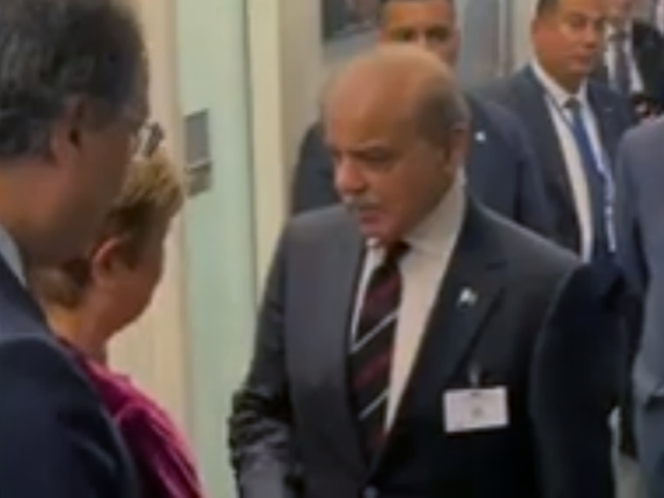PTBP Web Desk
The World Bank (WB) has assessed the National Health Support Program (NHSP) of Pakistan, valued at approximately $300 million, as “moderately satisfactory” in its implementation progress. The program, aimed at enhancing the equitable delivery of quality primary healthcare services, has made strides despite facing initial delays.
Official documents reveal that the International Development Association (IDA) committed $258 million to the NHSP, later revising this to $252 million. Of this amount, $117.24 million, or 46.10%, has been disbursed so far, leaving $137.07 million undisbursed. Additionally, a $42 million grant from the Global Financing Facility was allocated, with $22.85 million disbursed to date.
Launched in October 2022, the NHSP aims to strengthen the equitable delivery of essential healthcare services at the primary healthcare (PHC) level. The program aligns with Pakistan’s commitment to achieving Universal Health Coverage (UHC) by addressing critical gaps in healthcare access and quality.
The program’s development objective is to ensure that primary healthcare facilities deliver high-quality services, particularly for underserved populations. It focuses on improving service delivery, enhancing healthcare systems, and increasing financing for PHC. The project is slated to conclude on December 31, 2026.
The federal and provincial governments of Pakistan have initiated a comprehensive reform agenda to improve health system performance and health outcomes. The reforms are structured around three key areas:
Aligning Primary Health Care to Deliver a High-Quality Benefits Package (BP):
This includes generating demand for services and improving the readiness of healthcare facilities, human resources, and referral systems.
Integrating PHC Delivery Approaches:
Efforts focus on integrating financing mechanisms and managing human resources and information systems to streamline service delivery.
Addressing Financing and Public Financial Management (PFM):
Reforms aim to tackle inadequate financing for PHC and strengthen public financial management to ensure resources are efficiently allocated and utilized.
After some initial delays, implementation progress has improved in the Ministry of National Health Services Regulation and Coordination (MoNHS R&C) and the provinces of Khyber Pakhtunkhwa, Punjab, and Sindh.
A mid-term review conducted in October 2024 highlighted advancements in PHC system strengthening in these provinces. The provinces have demonstrated progress in key areas such as infrastructure development, human resource management, and the introduction of integrated approaches to healthcare delivery.
An ongoing household survey aims to collect data on three Project Development Objective (PDO) indicators, which will provide insights into the program’s impact. Additionally, the fourth PDO indicator, focusing on non-salary budgets for primary healthcare, is on track based on data from the Controller General of Accounts for the three provinces.
Despite progress, the NHSP still faces challenges in fund disbursement. Of the $252 million allocated by IDA, a significant portion remains undisbursed. Ensuring timely and efficient utilization of these funds is critical to achieving the program’s objectives.
Similarly, while $22.85 million of the $42 million grant from the Global Financing Facility has been utilized, the remaining funds must be strategically deployed to strengthen healthcare infrastructure and services.
To ensure continued progress, the NHSP must focus on overcoming implementation challenges and accelerating disbursements. Key priorities include:
Enhancing coordination between federal and provincial governments.
Strengthening human resource capacity in the healthcare sector.
Expanding access to healthcare in underserved regions.
Improving public financial management to optimize resource allocation.
With these measures, the NHSP can contribute significantly to Pakistan’s goal of achieving Universal Health Coverage.




